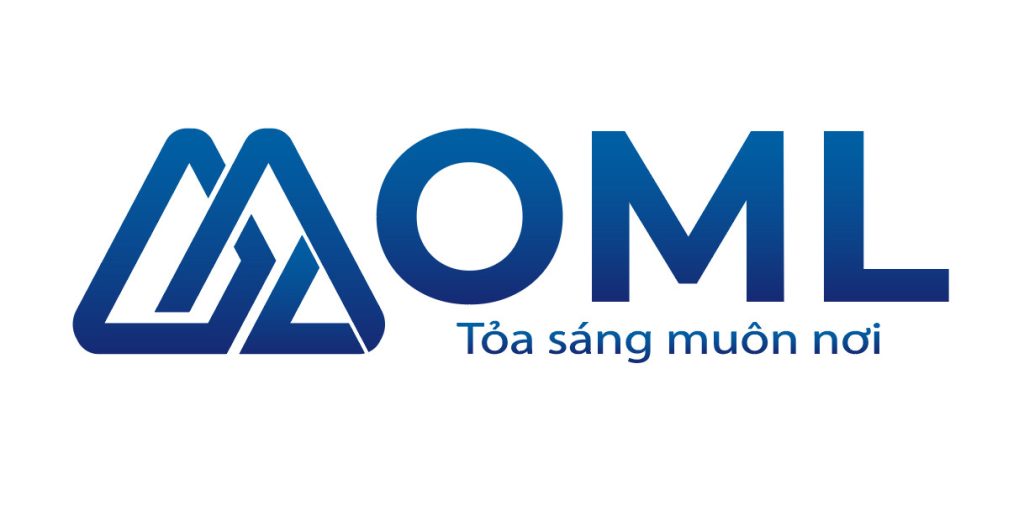Chưa được phân loại
Betrayal for a Shot at Eternal Wealth: Part 2
The High-Roller’s Dilemma: The Allure of Unlimited Banking
In the world of high-stakes gaming, few players can resist the allure of unlimited banking options. These tantalizing promises of limitless credit and wealth beyond their wildest dreams are often too good to be true, but for those who dare to take the risk, the potential rewards are undeniable.
The Anatomy of a High-Roller
To understand the high-stakes San Quentin 2: Death Row game, it’s essential to grasp the player profile that fuels this multi-billion-dollar industry. Typically characterized by high-net-worth individuals or families with an affinity for taking calculated risks, these players have mastered the art of strategy and probability. With experience comes confidence, which in turn breeds a willingness to push boundaries and break rules.
For instance, take the case of Viktor "The Bull" Belichenko, a 45-year-old former Wall Street executive who made headlines by running up over $1 million in debt at the Bellagio Casino in Las Vegas. With an estimated annual income exceeding $2 million, Belichenko was no stranger to high-stakes gaming but had reached a critical juncture – his losses were starting to outweigh his winnings.
The Unholy Trinity of Unlimited Banking:
In the high-roller world, unlimited banking options are the Holy Grail. Casinos and online gaming operators have developed various strategies to offer this tantalizing prospect:
- VIP Programs: Exclusive membership programs that promise unparalleled rewards, including limitless credit, tailored entertainment, and personalized concierge services.
- High-Limit Banking: Banks or third-party providers that offer customized financing options for high-stakes players, often at exorbitant interest rates.
- Private Clubs: Invitation-only clubs where members can access exclusive gaming areas, private rooms, and bespoke banking arrangements.
The Devil’s Bargain: How Unlimited Banking Creates Debt Traps
While unlimited banking may seem like a license to print money, the reality is far more sinister. For every dollar won, players often owe five or ten times that amount in debt. This vicious cycle of overextension can lead even the most skilled gamblers into financial ruin.
Consider the case of Alexander "The Ace" Petrov, a former professional poker player who built a reputation as one of the best in the game. With an estimated fortune of $10 million, Petrov had access to unlimited banking at several top-tier casinos. However, his insatiable appetite for risk led him down a path from which he could not recover – a staggering $15 million in debt and counting.
The House Edge: How Casinos Profit from Unlimited Banking
Casinos have an inherent advantage in any game – the house edge. By carefully managing their clientele and limiting losses through various strategies, operators can maintain a steady profit margin even with unlimited banking options.
For example:
- Time-based limits: Imposing time constraints on players to prevent them from accumulating excessive debt.
- Loss limits: Setting strict limits on how much a player can lose in a single session or over a specified period.
- Risk assessment: Implementing sophisticated risk management tools to identify and restrict high-risk players.
The Dark Side of Unlimited Banking: Stories from the Front Lines
While some may view unlimited banking as a necessary evil, others are not so fortunate. Here are a few tales that illustrate the devastating consequences of unchecked credit:
- The High-Stakes Gambler: John "The Shark" Chen, a former hedge fund manager with an estimated fortune of $50 million, accumulated over $100 million in debt through high-stakes gaming and unlimited banking.
- The Casino Enforcer: Rachel "The Reaper" Lee, a seasoned casino security officer, exposed the darker side of unlimited banking by revealing instances of exploitation and corruption within the industry.
Conclusion: The Price of Eternal Wealth
In the end, it’s essential to recognize that the allure of unlimited wealth comes with a steep price – financial ruin. While high-rollers may revel in the thrill of high-stakes gaming, they often underestimate the risks involved.
As we reflect on the world of unlimited banking and its consequences, one thing becomes clear: eternal wealth is an illusion, and the true cost of chasing it can be devastating.
